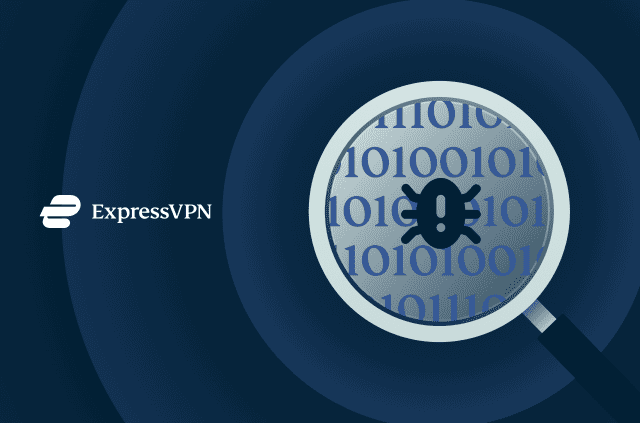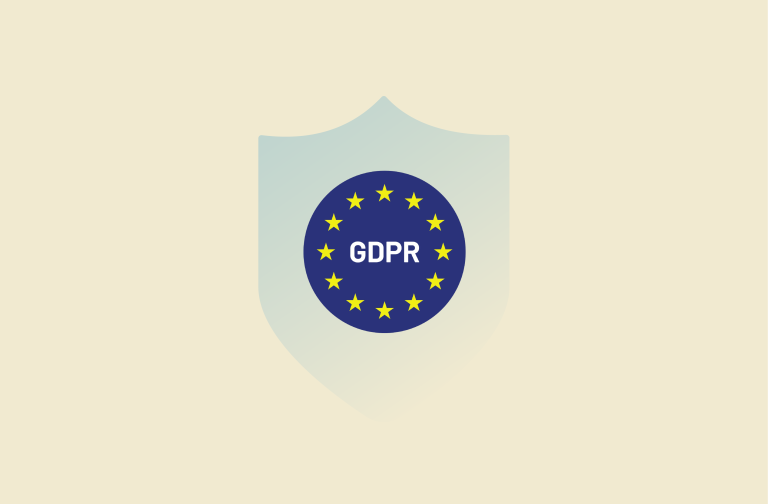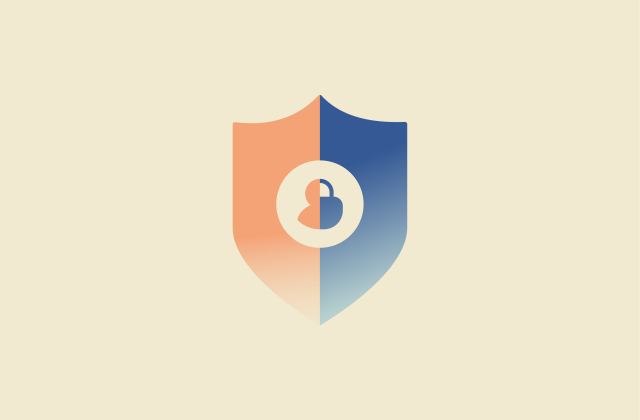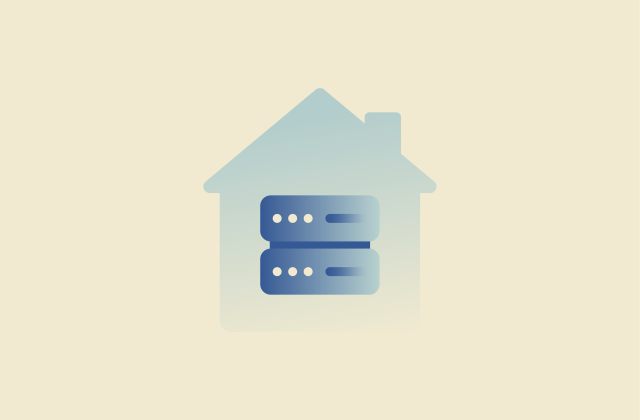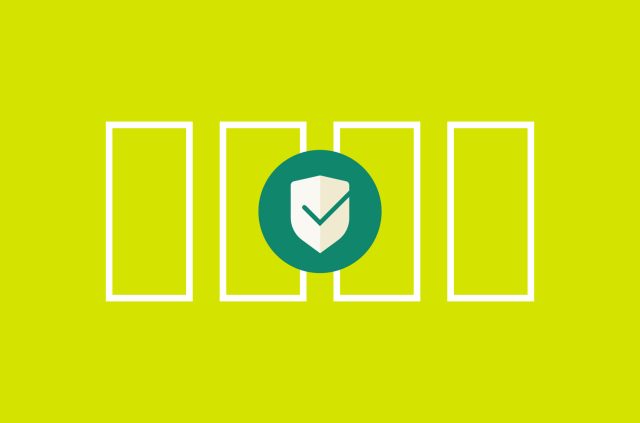Overseas snooping: French “Patriot Act” gaining support


Critics have compared it to the much-hated “Patriot Act” in the United States, but despite public backlash, France's “Projet de Loi Relatif au Renseignement” is gaining steam in parliament as a way to crack down on terrorists and other criminals. The theory? By giving spy agencies more leeway in tracking suspected evildoers, regular citizens reap the benefit of a safer nation. Citizens aren't buying it, however, and a petition to turf the proposed legislation has already passed 100,000 signatures. Still, that's no guarantee of success. What happens if the new French proposal becomes law?
Ideal Climate?
The timing seems impeccable: in the wake of Charlie Hebdo and the Hyper Cacher attacks, this kind of bill is bound to attract attention. What's more, Prime Minister Manuel Valls currently enjoys significant popularity among French citizens, making it easier to champion this legislation without prompting outrage. What's interesting, however, is that the bill was actually tabled before the recent terrorist attacks occurred. It's only now, with many French nationals and immigrants feeling the pressure of worldwide political unrest, that Valls' legislation has started to gain momentum.
Critics liken it to post-9/11 America, where fears over international ire prompted the creation of wide-ranging powers for the NSA and other spy agencies. After the recent Snowden revelations, however, other countries aren't so quick to grant law enforcement agencies power over the Internet at large, especially when private citizens are lumped into the mix with “terrorists”.
Minimal Oversight
According to Human Rights Watch (HRW) an international, non-governmental organization, there are a number of worrisome provisions in the proposed legislation. First is the lack of any judicial oversight; suspected criminals could be monitored and tapped without warrant and without permission from a judge. What's more, Internet service providers (ISPs) would be on the hook to monitor all user accounts for suspicious network usage and traffic patterns, then store this data and report it to national security agencies. In addition, ISPs would be obligated to keep both the means of tracking and their findings secret from the general population, blurring the line between their status as private companies and what the HRW calls “surrogate national security analysts.”
The bill does lay out a general right to privacy but also details seven “public interests” which justify the violation of this privacy, including “economic and scientific priorities,” “foreign policy” and “the execution of international engagements.” For his part, Prime Minister Valls says that his new bill won't go after large amounts of private data and argues that “the critics or the posturing that refer to a French Patriot Act or the stench of a police state are outright lies and irresponsible in the context of threat we face.” In other words, security trumps liberty for Prime Minister Valls — French citizens should be willing to give up some of the latter to improve the former.
Private Impact
Along with citizens, private companies are also speaking out against the new bill. Internet service provider OVH, Europe's number-one hosting company, says that if the new law passes, they'll be moving servers out of France to avoid the monitoring and reporting obligations attached to Valls' legislation. With hosting services seeing unprecedented growth thanks to cloud adoption and the ubiquity of broadband connections, this is revenue France can ill-afford to lose.
Bottom line? While the Prime Minister's new law might make sense when narrowly viewed, the wider picture reveals a problem: both private citizens and private companies are against the idea.
Limited View
Fortunately, French citizens and international users surfing websites hosted in France aren't entirely powerless. Even if the government chooses to pass this Patriot Act-style legislation, they can't track what they can't see — meaning the country should prepare for a jump in the use of virtual private networks (VPNs) as citizens take their right to privacy into their own hands.
The same thing is happening in the United States, the UK, Australia and other countries across the world as this kind of right-minded but ultimately misguided legislation makes it past the discussion stage. While citizens are happy to help government agencies catch terrorists and protect national borders, threatening the edges of the public's right to privacy virtually guarantees a backlash.
Featured image: Jon Luty / Public Domain Pictures.net
Take the first step to protect yourself online. Try ExpressVPN risk-free.
Get ExpressVPN
